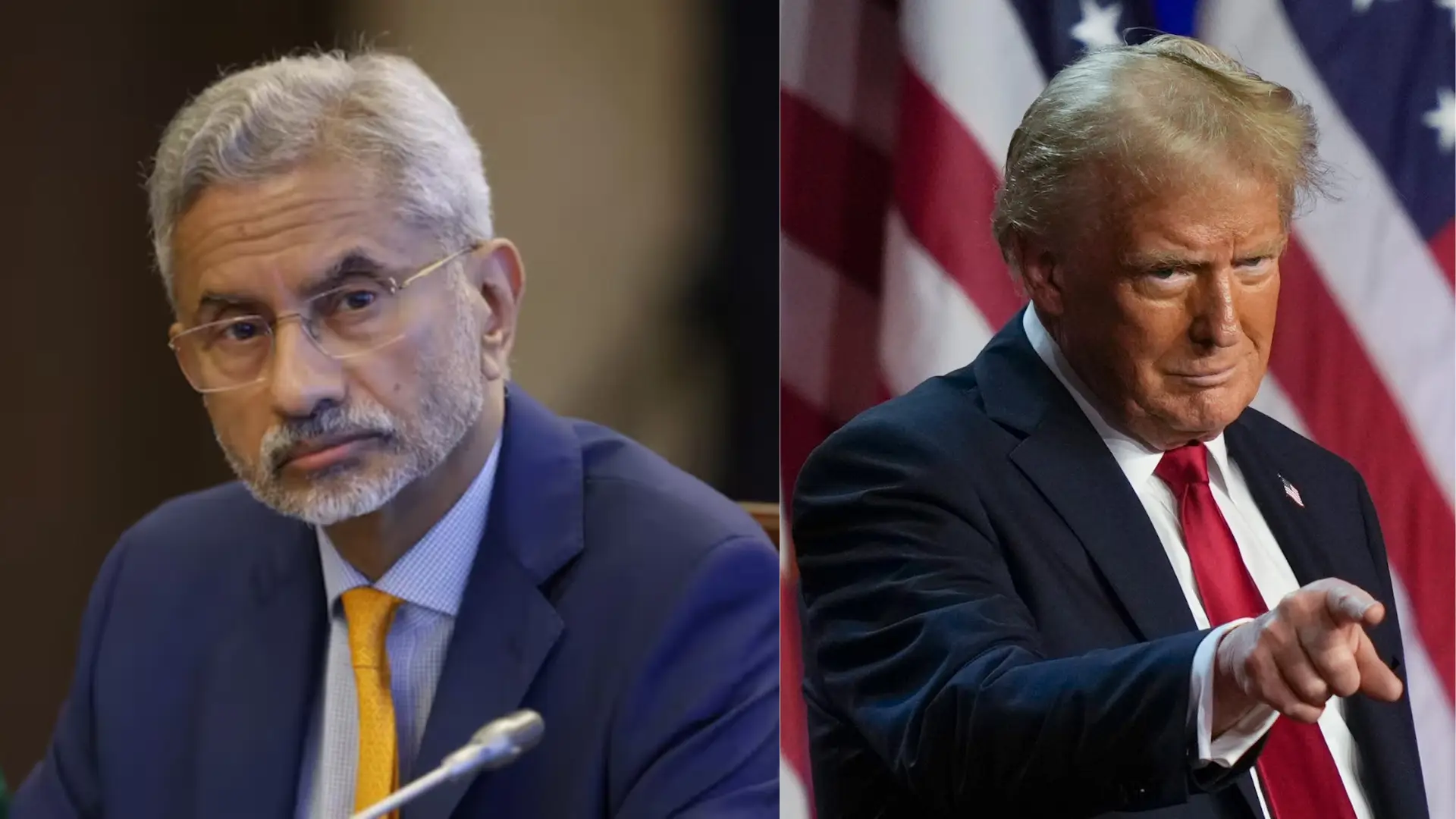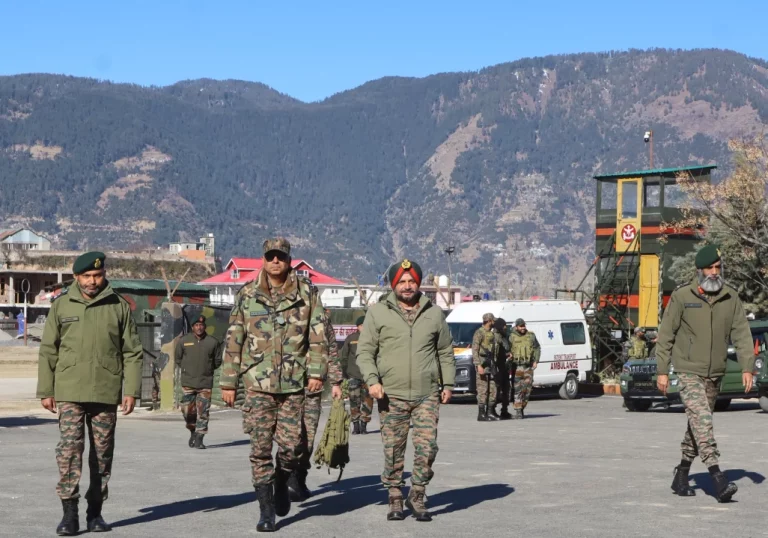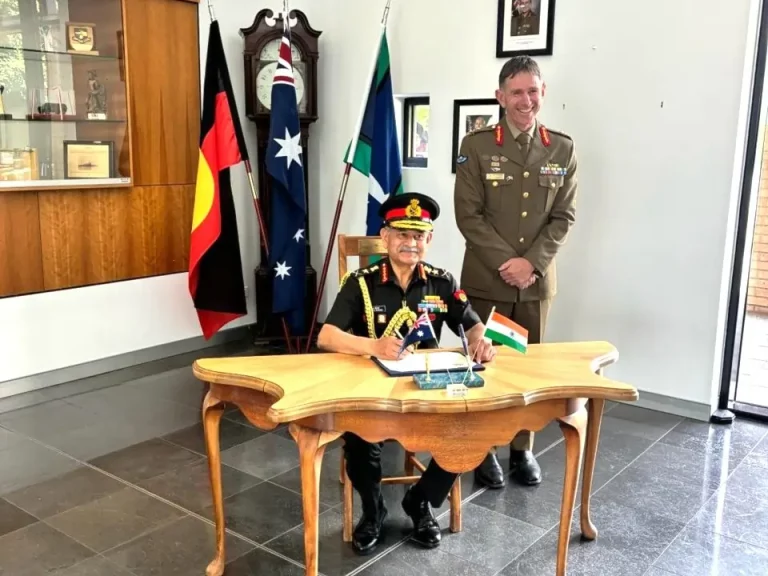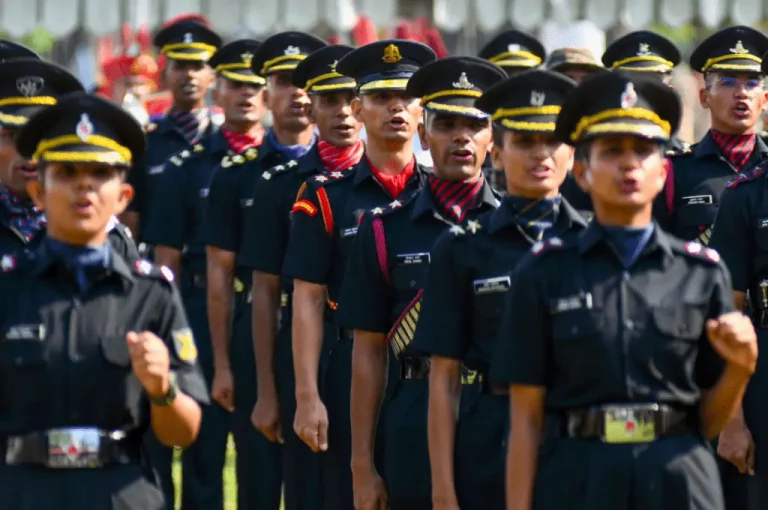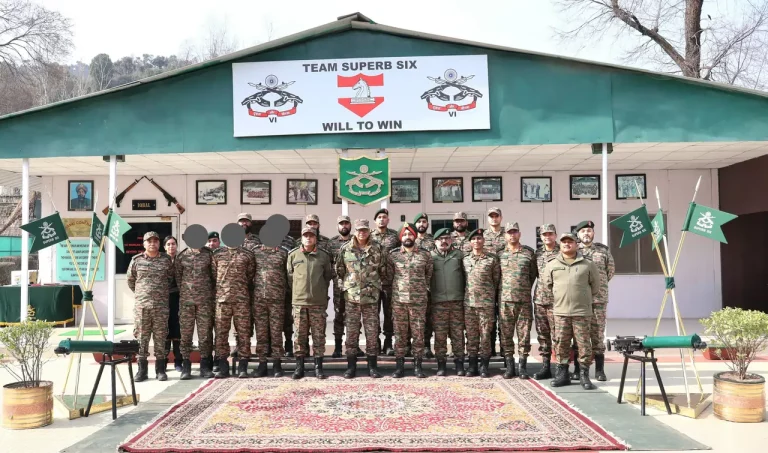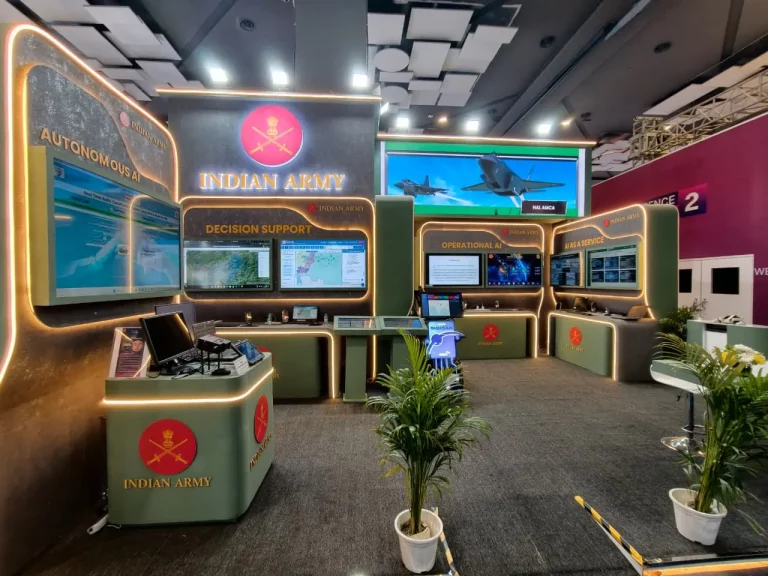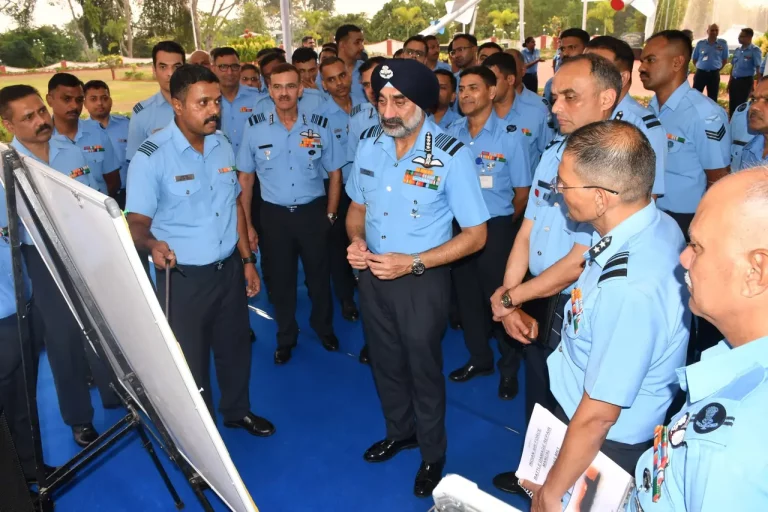In a recent debate in the Lok Sabha, External Affairs Minister S. Jaishankar firmly rejected claims made by former US President Donald Trump regarding his role in brokering a ceasefire between India and Pakistan after the April 22 Pahalgam terror attack. Jaishankar emphasized that there was no telephone conversation between Prime Minister Narendra Modi and Trump during the crucial period from April 22 to June 17.
“No phone call took place between PM Modi and US President Trump between April 22 and June 17,” Jaishankar asserted. He explained that following India’s retaliatory strikes, backchannel messages were received indicating Pakistan’s willingness to de-escalate tensions, but reiterated that any communication regarding a ceasefire would have to come formally from Pakistan’s Director General of Military Operations (DGMO).
Trump’s remarks on July 23 suggested that his intervention had stopped the escalation towards a potential war between India and Pakistan, claiming that both nations were in the midst of air strikes and that he had warned against further military actions. The White House supported Trump’s narrative, attributing the ceasefire to his diplomatic efforts after India initiated Operation Sindoor on May 7 to target terror camps based in Pakistan.
Jaishankar sought to clarify the sequence of events, disclosing that on May 9, US Vice President JD Vance had alerted Indian officials about an imminent, large-scale offensive from Pakistan. In retaliation, Prime Minister Modi assured that any attack would be met with a decisive response. According to Jaishankar, Indian forces successfully thwarted a significant Pakistani attack during the events of May 9 and 10.
“Our forces prevented a major Pakistani attack. I believe this House should collectively appreciate their efforts,” Jaishankar stated, highlighting the crucial role of the Indian military during this tense phase.
The minister also underscored India’s successful diplomatic initiatives following the Pahalgam attack. He noted that The Resistance Front (TRF), which claimed responsibility for the assault, has since been classified as a global terrorist organization. In addition, various international forums, including BRICS and the Quad, condemned the attack, and countries like Germany, France, and members of the European Union extended their support for India’s right to self-defense.
During the discussion, Jaishankar pointed to the extensive outreach conducted by the government, with seven parliamentary delegations visiting 33 countries to advocate for India’s zero-tolerance stance on terrorism. He indicated that the current administration took unprecedented steps, including targeted strikes against terror hubs in Bahawalpur and Muridke.
Furthermore, Jaishankar highlighted that Pakistan has spent the longest duration on the Financial Action Task Force (FATF) grey list under Narendra Modi’s government and raised concerns about the increasing collaboration between Pakistan and China, which he argued has been developing for several decades.
Concluding his remarks, Jaishankar emphasized that Operation Sindoor signifies a paradigm shift in India’s counterterrorism strategy. “Operation Sindoor is a new normal in how we respond to terror,” he proclaimed, marking a decisive moment in India’s approach to national security.
